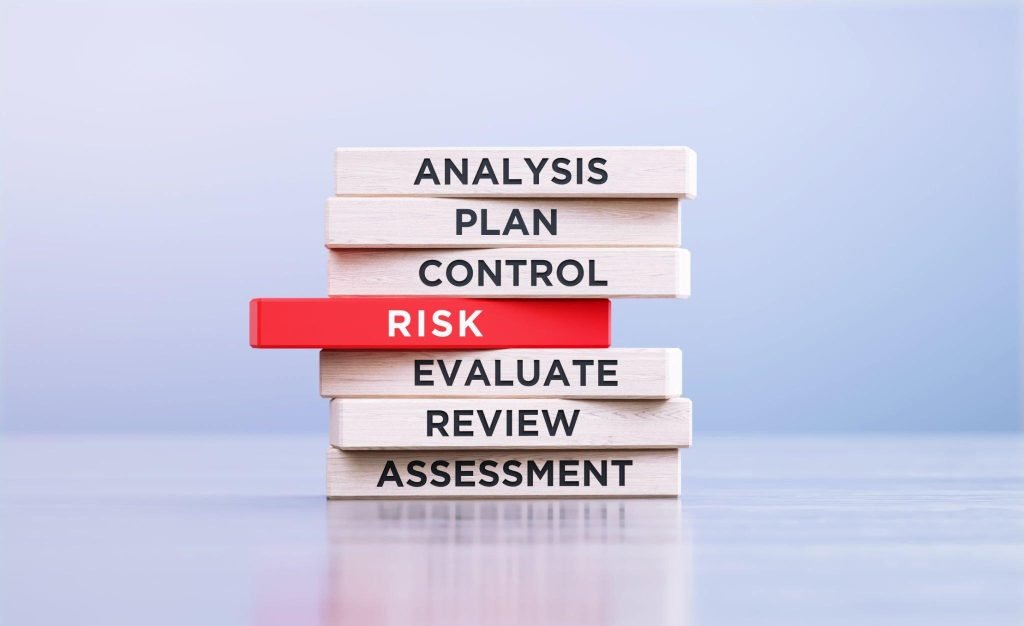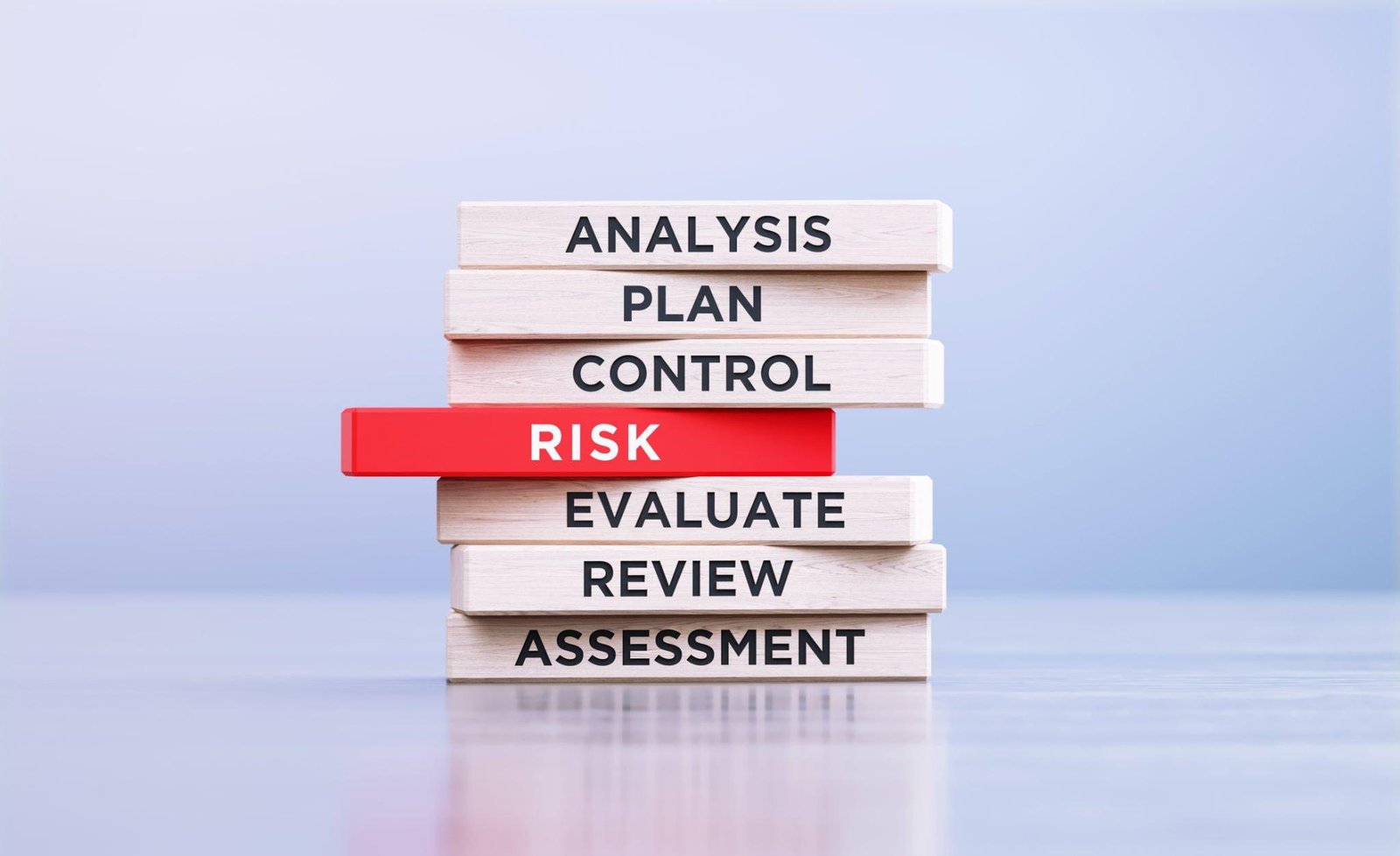In the era of digitization, data has become an invaluable asset for organizations across industries. However, with the increasing reliance on data comes a growing concern about data privacy and security. In India, the importance of data privacy and security risk management is paramount, given the country’s vast digital landscape and burgeoning data ecosystem.
Data Privacy Landscape
India has taken significant steps to safeguard data privacy, with the introduction of the Personal Data Protection Bill (PDP Bill) in 2019. The PDP Bill, once enacted, will establish a comprehensive framework for data protection, including:
- Data Principal Rights: Empowering individuals with control over their personal data, including the right to access, rectify, erase, and restrict processing.
- Data Fiduciary Obligations: Imposing stringent obligations on organizations handling personal data, requiring them to adhere to principles of purpose limitation, data minimization, storage limitation, accuracy, and accountability.
- Data Protection Authority: Establishing a Data Protection Authority to oversee the implementation and enforcement of the PDP Bill.
Data Security Risks and Management Strategies
Despite the evolving regulatory landscape, organizations in India face a multitude of data security risks, including:
- Data Breaches: Unauthorized access, disclosure, or alteration of personal data, often resulting from cyberattacks.
- Data Misuse: Unintended or unauthorized use of personal data, leading to privacy violations and reputational damage.
- Non-compliance with Regulations: Failure to adhere to data privacy regulations, resulting in fines, legal penalties, and loss of consumer trust.

To effectively manage these risks, organizations should adopt a comprehensive data privacy and security risk management framework, encompassing:
- Data Security Policy: Implementing a robust data security policy that outlines clear guidelines for data collection, storage, access, and disposal.
- Technical Safeguards: Employing robust technical safeguards, including encryption, access controls, and vulnerability management, to protect data from unauthorized access.
- Employee Training: Educating employees about data privacy and security practices, including recognizing phishing scams, reporting suspicious activities, and handling sensitive data responsibly.
- Risk Assessment and Monitoring: Regularly conducting risk assessments to identify potential threats and vulnerabilities, and implementing continuous monitoring to detect and respond to security incidents promptly.
The Role of Data Privacy Officers (DPOs)
Data Privacy Officers (DPOs) play a crucial role in ensuring compliance with data privacy regulations and managing data privacy risks within organizations. DPOs are responsible for:
- Oversight of Data Privacy Practices: Overseeing the organization’s data privacy practices, ensuring compliance with applicable regulations and policies.
- Data Privacy Impact Assessments: Conducting Data Privacy Impact Assessments (DPIAs) to evaluate the privacy risks associated with new data processing activities.
- Employee Awareness and Training: Raising awareness about data privacy among employees and providing training on data handling practices.
- Incident Management: Overseeing the organization’s incident response process in case of data breaches or privacy violations.
Conclusion
Data privacy and security risk management are critical aspects of data governance in today’s digital world. As India’s data ecosystem expands, organizations must proactively address data privacy and security risks to protect individual privacy, maintain compliance, and safeguard their reputation. By implementing comprehensive risk management strategies, organizations can navigate the evolving data landscape with confidence and ensure that data remains a valuable asset rather than a source of vulnerability.

